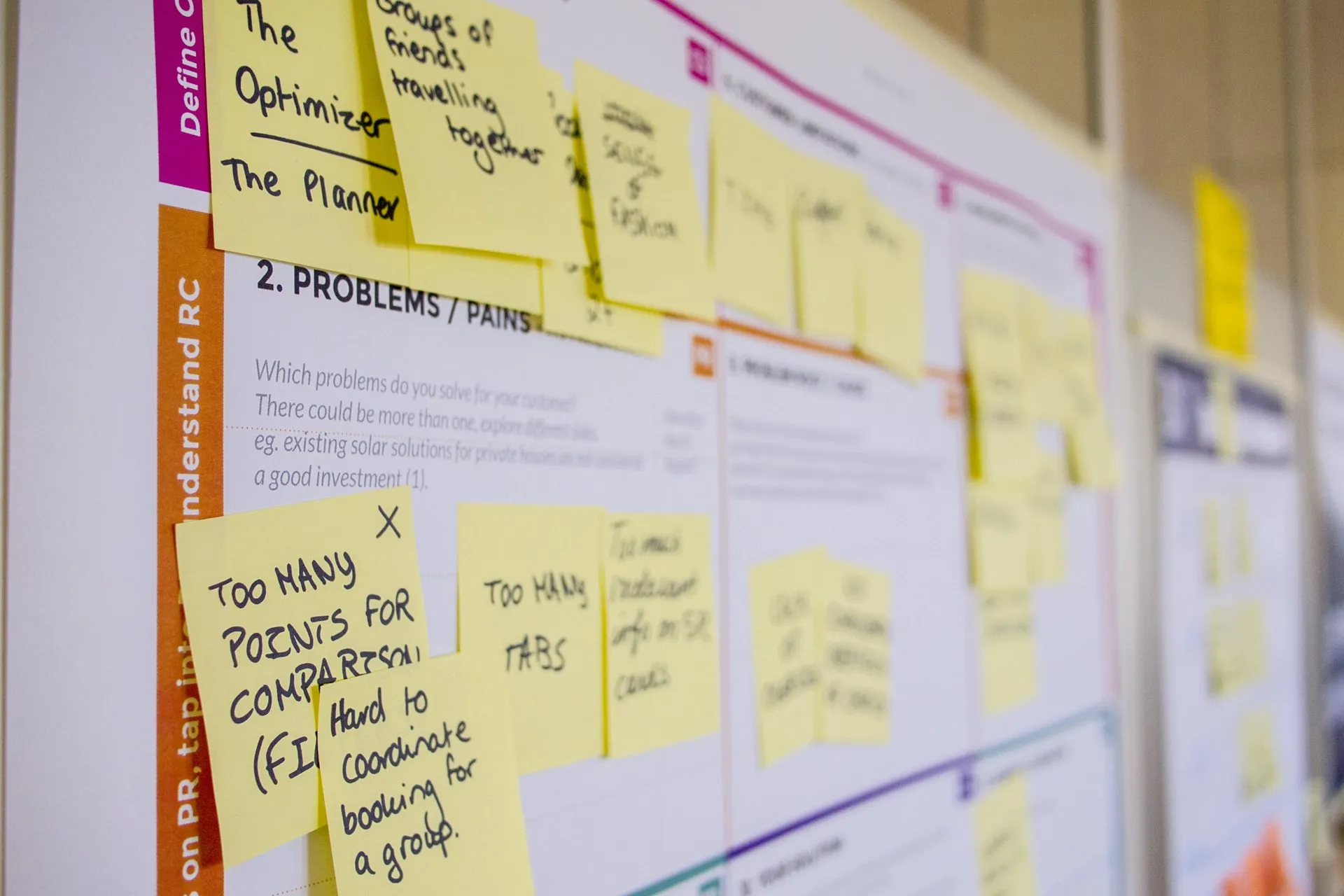Trying the Google Project Management Certificate

Most folks know about the marquee Google perks like the food and buses. One of my favorites that doesn't get mentioned much are educational services. Education is something you can take with you. It also goes well with my job in Developer Relations. To do this job well, I think you should be constantly learning things in and outside your field of study. The Project Management Professional Certificate is kind of work adjacent so that's an extra plus.
A way into tech without a degree
Google Career Certificates are training programs meant to give people a means to break into tech possibly without a degree. Beyond Project Management, there are certificates in Digital Marketing/E-commerce, IT Support, Data Analytics, and UX Design with other areas in development.
In addition to the career certificates themselves, Google set up an employer consortium that will factor completion of the certificates into their hiring decisions for new candidates or to use them to "reskill" their current employers.
What are the courses? How are they?
Courses:
- Foundations of Project Management
- Project Initiation: Starting a Successful Project
- Project Planning: Putting It All Together
- Project Execution: Running the Project
- Agile Project Management
- Capstone: Applying Project Management in the Real World
The first course starts with an overview of what a project manager does. Each of the next four courses have you working on small tasks somewhat in isolation based on a brief/stems for a sample project. The capstone course presents a totally new project for which you must work through creating all the project documents.
How much does it cost?
To complete the program, you need a Coursera subscription. Either $39 USD per month for a single professional certification or Coursera Plus that gives you access to all the programs. At the time of writing, it was $59 per month or $399 USD for a yearly subscription. Full disclosure, I paid no fee for the course as it is covered in my educational benefits. The Grow with Google team didn't see or approve this write-up before hand.
How long did it take to complete?
Grow with Google quotes about 3 to 6 months of time if one works on the credential for 10 hours per week. We tended to say the same thing at Udacity and it can be variable. We had seen folks take a year or zoom through things in under 3 months to minimize costs. I had the benefit of not paying for the content so I didn't have to rush. I took big breaks with several clear crunch times where I got a lot done. Being able to watch videos on double speed also helps. The final course revisits a lot of the concepts from the other courses so taking your time there will help you in the end. Big caveat and disclaimer that I have a lot of experience making and beta testing content like this. It was about 2 months of actual work time spread over about 15 months.
What kind of assessments are there? How many ? What are they like?
There are three types of assessments: practice quizzes, graded quizzes, and peer graded assignments. Most of the practice quizzes can skipped and don't factor into your grade until you reach the last course. It uses them as prep steps for the peer graded assignments.
There were 25 graded quizzes and 13 peer graded assignments throught the six courses. The tasks range from making project charters and stating RACI (Responsible, Accountable, Consulted, Informed) tables to planning tasks for a sprint to writing persuasive emails to stake holders to get consensus.
Was it worth it?
Yes. I have no goal to become a project manager but have found myself often in a position where I didn't have one and needed to take on some of those responsibilities to move a project forward or I had a project idea and the lack of a project manager was used as a cudgel against me. In those cases, being about to think through the project to entice a project manager to take on the project was helpful.
Beyond those wanting to break into project management, I think small dev teams could benefit from the content perhaps splitting the responsibilities among them. If this existed back when I was in college or if I knew what project management was then, I might have referred it to the folks who hit the wall in Computer Science when the curriculum ramps up in difficulty and they dropped it thinking Computer Science isn't for them. Being a developer isn't the only way to work in tech.
Learn more or enroll in the program here.